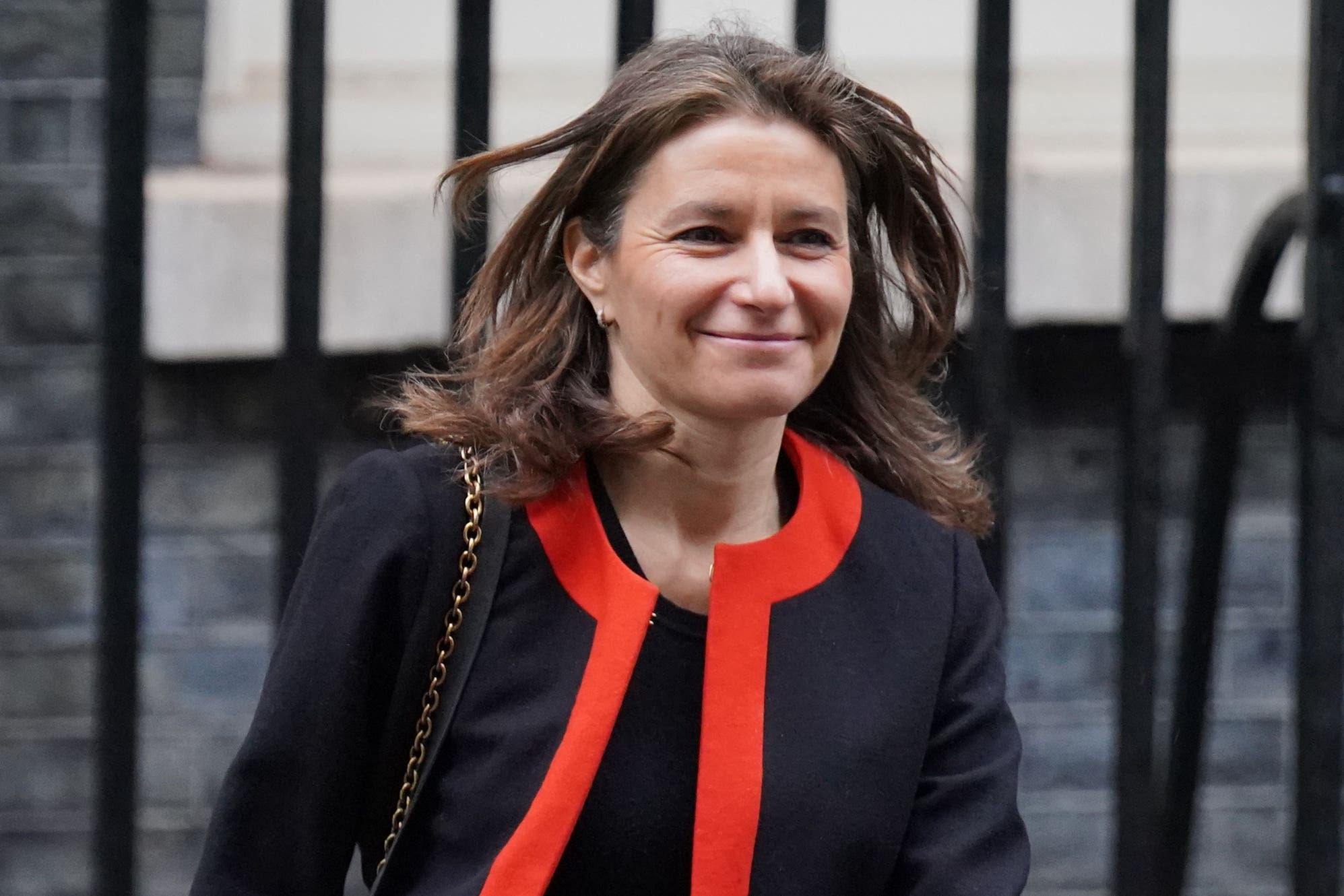Oil firms should be applauded for donating to museums and galleries, says Frazer
It comes after a number of institutions have faced a backlash from environmental groups for partnering with oil firms over the last few years.

Your support helps us to tell the story
From reproductive rights to climate change to Big Tech, The Independent is on the ground when the story is developing. Whether it's investigating the financials of Elon Musk's pro-Trump PAC or producing our latest documentary, 'The A Word', which shines a light on the American women fighting for reproductive rights, we know how important it is to parse out the facts from the messaging.
At such a critical moment in US history, we need reporters on the ground. Your donation allows us to keep sending journalists to speak to both sides of the story.
The Independent is trusted by Americans across the entire political spectrum. And unlike many other quality news outlets, we choose not to lock Americans out of our reporting and analysis with paywalls. We believe quality journalism should be available to everyone, paid for by those who can afford it.
Your support makes all the difference.The Culture Secretary has said oil companies should be applauded for donating to museums and art galleries rather than face criticism.
Lucy Frazer made the remarks in a speech on Thursday at the launch of a report into philanthropy by centre-right think tank Onward.
It comes after a number of institutions have faced a backlash from environmental groups for partnering with oil firms over the last few years, including the British Museum, the Science Museum and the National Portrait Gallery.
Speaking on encouraging donors, Ms Frazer said: “It has to start with applauding – not seeking to find fault with – those organisations who give generously, whether that’s through sponsorships or donations.
“Just look at the past few years. The Science Museum forced to abandon its backing by Shell. The National Portrait Gallery received a great deal of unwarranted criticism for its sponsorship by a law firm.
“For its recent commitment of £50 million to the BM, the biggest donation of its kind, I think we should say to BP, thank you.”
She claimed the “ultimate beneficiaries” of these sponsorship deals are “all of us” as they can help keep the institutions accessible.
“While Government funding sustains free entry and access to our world-leading museums and art galleries, exceptional acts of generosity such as donations and sponsorships are key to widening access to great artworks and cultural treasures”, Ms Frazer added.
“They help to drive tourism into the UK and help us retain our soft power abroad.”
In December, the British Museum extended its partnership with oil giant BP by another decade to help fund its renovation plans.
The museum said the £50 million deal would be used to redevelop the Bloomsbury site in central London and ensure its collection will be available to the public for “generations to come”.
However, co-director of campaign group Culture Unstained Chris Garrard said the decision to renew the contract with BP was “astonishingly out-of-touch and completely indefensible”.
He added: “We believe this decision is illegitimate and in breach of the museum’s own climate commitments and sector-wide codes and will be seeking legal advice in order to mount a formal challenge to it.”
The National Portrait Gallery also faced criticism last year when it replaced BP as the sponsor for its portrait prize with a law firm, Herbert Smith Freehills, which has worked with the fossil fuel company.
In 2021, young climate activists protested over the London Science Museum’s sponsorship deal with Shell and Adani Green Energy by “occupying” the venue overnight.
They said they were railing against the museum taking money “from some of the worst perpetrators of the climate crisis”.
Elsewhere in her speech, Ms Frazer outlined three areas of philanthropy she is focusing on – streamlining Gift Aid; exploring the possibility of greater philanthropy training; and supporting stronger regional and partnership giving.
She also agreed that it is the responsibility of the Government to “protect and support those in our society, particularly the most disadvantaged”.
However, she argued that it “cannot and should not always be the whole answer”.